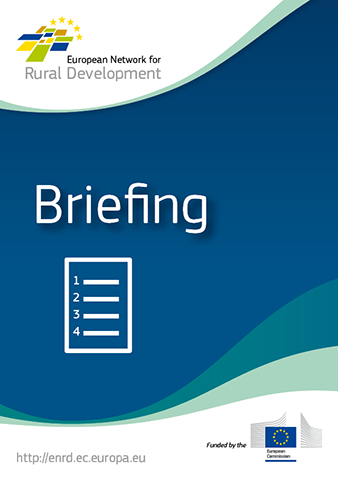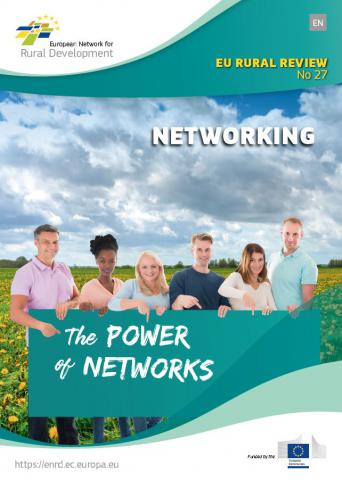
This documents explores the role of awareness‑raising and communication in promoting the development of sustainable bioeconomy value chains in European rural areas.
The document is part of the analytical work carried out by the ENRD Thematic Group on 'Mainstreaming the Bioeconomy'.







